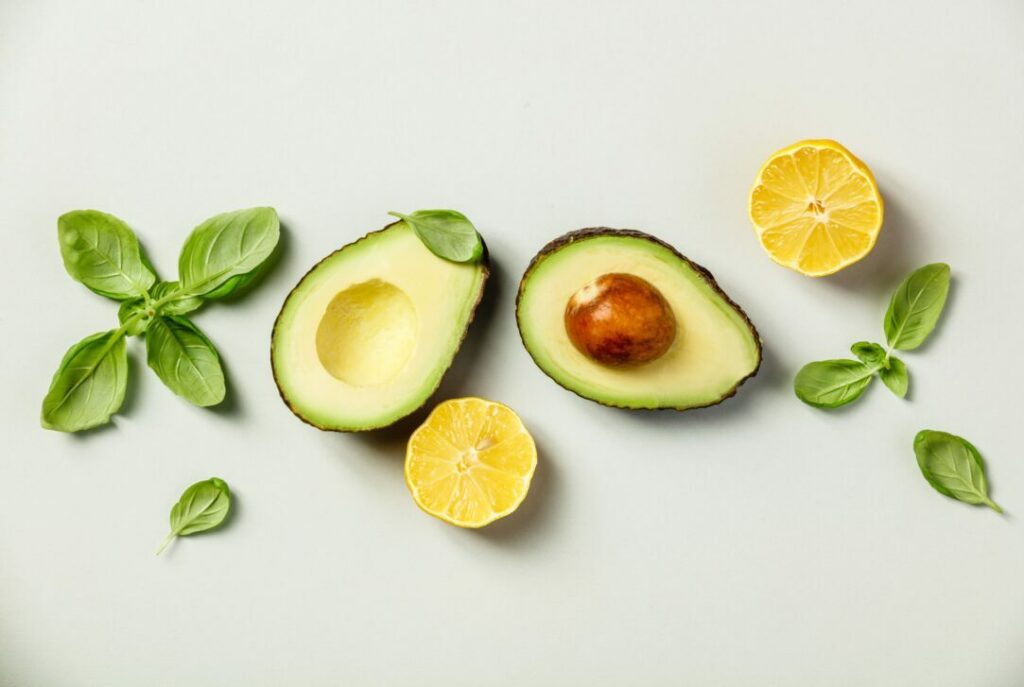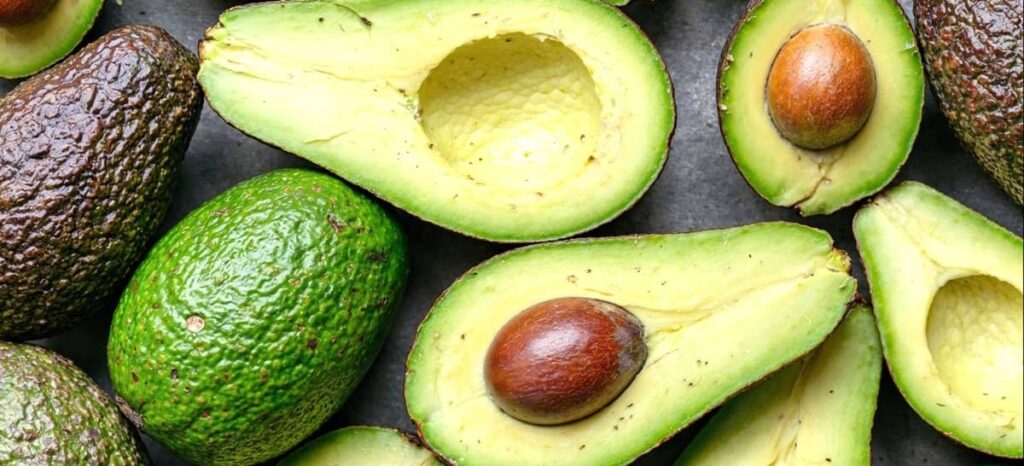For years it has been the absolute king of the healthy diet. The avocado had it all: good fats, versatility in the kitchen, instagram-worthy colour and the backing of nutritionists, chefs, athletes and wellness gurus. But this summer, in a gesture as symbolic as it is controversial, Wimbledon turned its back on him.
The world's most prestigious tennis tournament has removed avocado from its official menus citing environmental concerns. Instead, players and attendees receive toast with mashed peas. A seemingly minor change, it nevertheless exposes a deeper warThe story of what is (or is not) sustainable, healthy and ethically correct.
The green icon under debate
It is no news that massive avocado cultivation can generate environmental impacts: water consumption, deforestation in some exporting countries, pressure on local ecosystems. These facts have been known for a long time. But the question is: Why now, why just in 2025, and why at Wimbledon?
The change has not gone unnoticed. The decision has been interpreted by many as a green marketing gesture rather than a science-based action. And while London applauds the menu's "eco-twist", in other corners of the world - such as southern Spain - it is viewed with concern.
When gesture overshadows nuance
Spain is the largest avocado producer in Europe. Andalusia alone generates tens of thousands of jobs linked to this crop. And, contrary to what many believe, Spanish avocados are grown with efficient irrigation technologies, without deforestation, and with a much smaller carbon footprint than animal products. that remain unchallenged.
"The problem is not the avocado, but the way things are told," points out Carmen Rodríguez, spokesperson for the Spanish Avocado Association. "This type of decision sends simplified messages that harm those who are doing things right.
Who does the avocado bother?
Wimbledon's veto may be due to multiple factors, beyond the environmental. Is this a greenwashing operation, or are there economic interests at stake?
Some point to pressure from other food sectors that see how the avocado has conquered breakfasts, smoothies, vegan menus and restaurant menus. Its popularity has grown at the expense of traditional products, including dairy and meat products, which are now being displaced by an exotic and healthy fruit.
Eliminate it from a global event such as Wimbledon. not only changes the ecological narrativebut it can start to change consumer perceptions. And that - in market terms - is power.

Consequences at the table and in the mind
Beyond the agricultural and environmental debate, there is a direct impact on millions of people who have integrated avocados into their diet for nutritional reasons. Health and performance specialists consider it one of the most complete foods in the plant worldrich in fibre, good fats, antioxidants and essential micronutrients.
"The avocado recall may seem like a detail, but it is sending the wrong message: that eating healthy can also be unsustainable," says nutritionist Ana Beltrán. "And that creates confusion and unnecessary food guilt."
The risk, she says, is that healthy foods will start to be demonised for partial reasons, without offering realistic alternatives. "Not all consumers have access to a perfect diet. We also have to be responsible with the messages we launch from influential platforms".
What next?
The avocado has been overthrown in the cathedral of tennis, but its reign at the table is not over yet. The response from the sector has been immediate: associations, nutritionists and producers have come out in defence of the fruit, recalling its nutritional value and its commitment to increasingly sustainable practices.
The debate is on: is it about critically reviewing the impact of what we eat, or are we simply facing a new symbolic battle in the age of superficial activism?
Meanwhile, in many kitchens around the world, avocado toast is still the star of the show. Not just for fashion, but for a more powerful reason: because it works.






